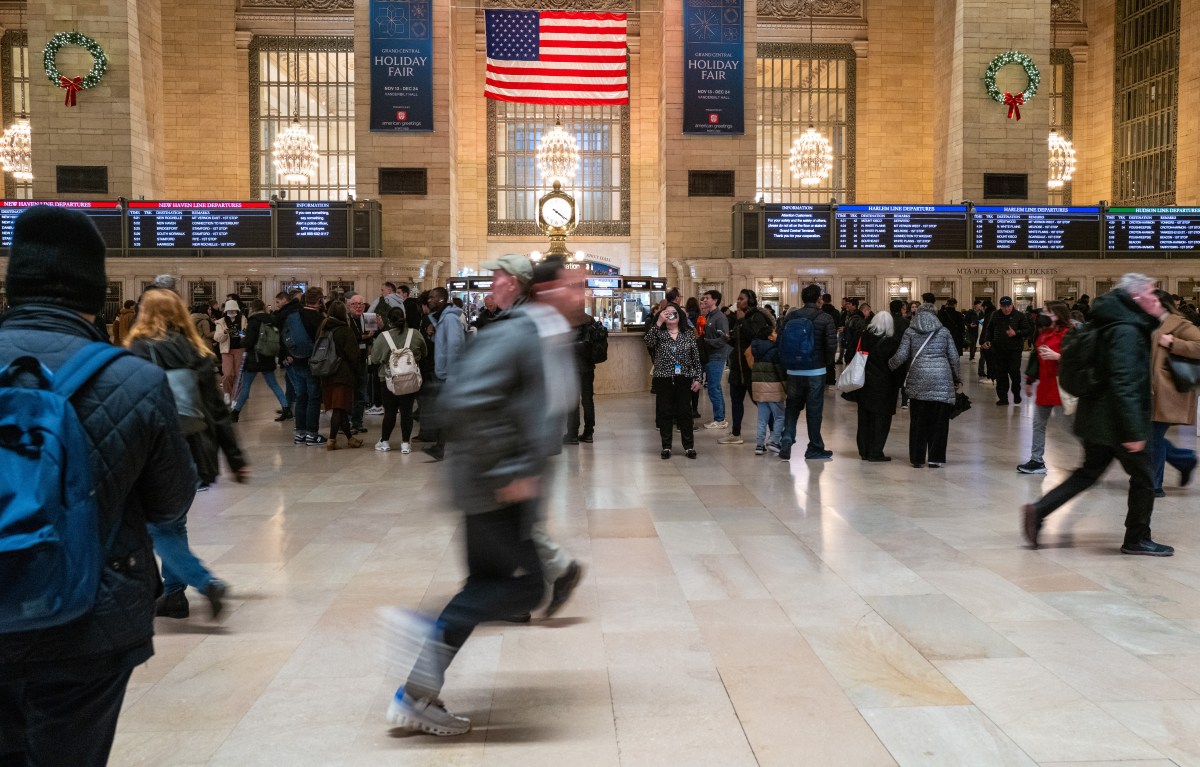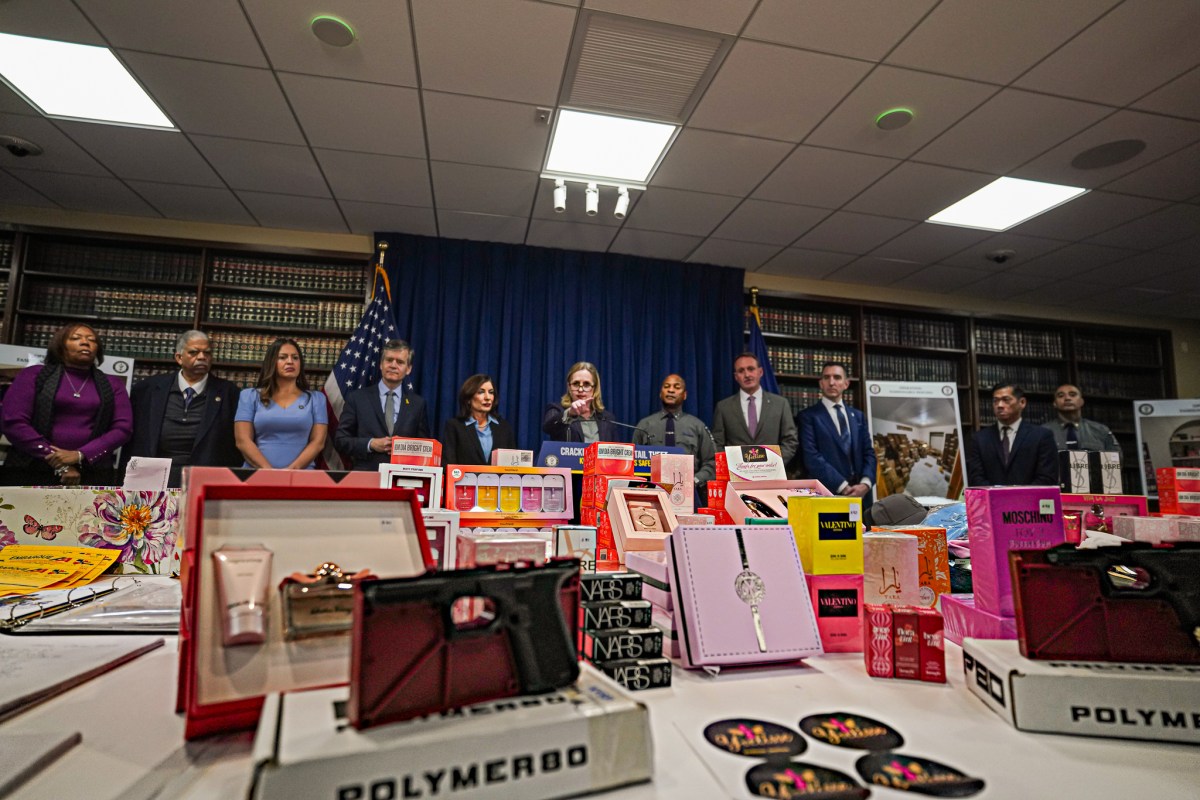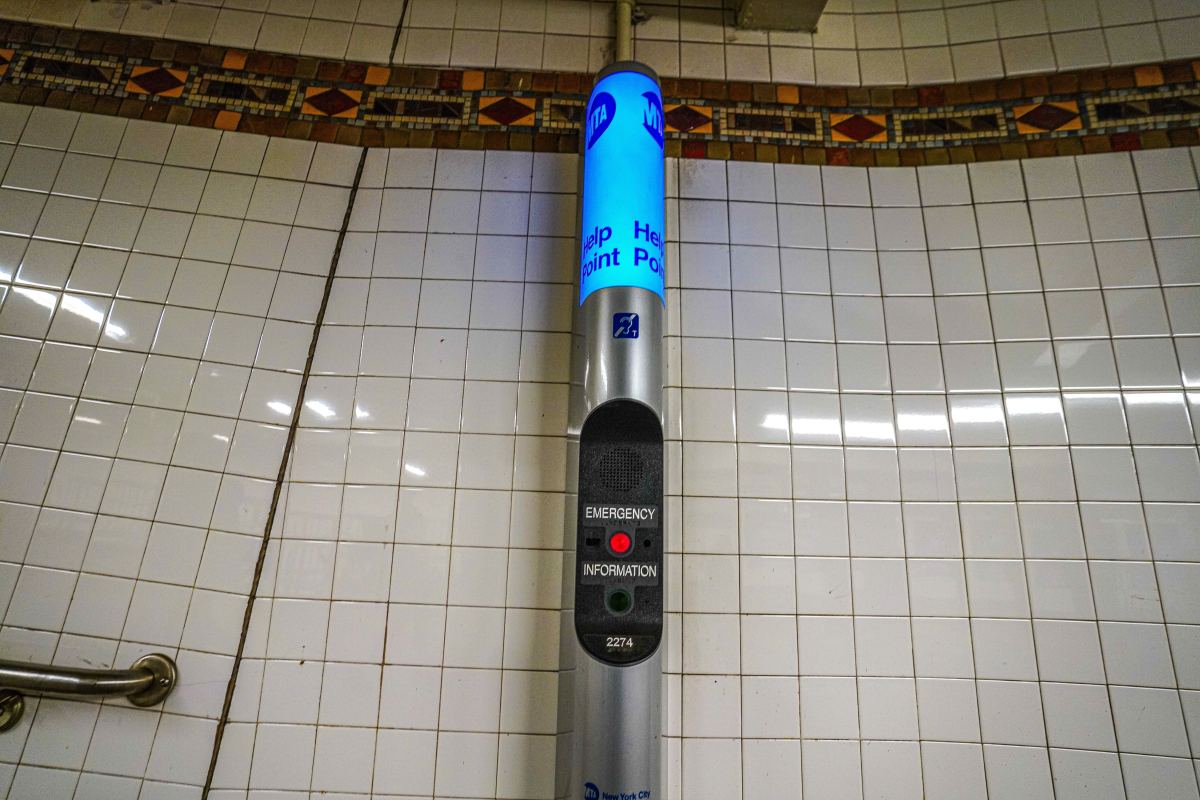GENEVA (Reuters) – The World Health Organization (WHO) has had assurances from China that an international field trip to investigate the origins of the new coronavirus will be arranged as soon as possible, its top emergency expert said on Monday.
Chinese researchers are carrying out epidemiological studies into early cases and conditions at a seafood market in the central Chinese city of Wuhan. An international team of experts has been formed to carry out phase 2 studies.
But the United States, and to a lesser extent some European delegations, have raised questions about the delay and sought a timeline of the international experts’ visit, diplomats said.
The virus was first identified in Wuhan in December, prompting U.S. President Donald Trump to label it the “China plague” and accuse the WHO of being soft on Beijing.
“We fully expect that we will have a team on the ground. We need to be able to have the international team join our Chinese colleagues and go to the ground and look at the results and outcomes of those phase 1 studies and verify these data on the ground,” emergency expert Mike Ryan told a news briefing.
This would help to ensure “that the international community can be reassured of the quality of the science”, he said.
Wuhan market is “likely to have been a point of amplification” of virus transmission, but whether that was by human, animal or environmental spread is not yet known, he said, adding that there had been human cases that preceded that event.
“We will pursue those investigations over the next couple of months in phase 1 and hopefully move on to phase 2,” Ryan said.
WHO director-general Tedros Adhanom Ghebreyesus and other senior officials briefed WHO’s 194 member states last week on progress in the probe, mandated by health ministers last May.
A senior Western diplomat who participated said that several states had raised concerns on how the international members had contributed to drafting their final terms and asked what steps the WHO had taken to ensure that the information collected in phase 1 would be “complete and transparent”.
The United States had voiced concern at what the senior Western diplomat called a lack of transparency in the naming of the international members, saying it “potentially undermines any report issued by this panel and its findings”.
Ryan, without being specific, said: “One member state did express some concerns regarding the phase 1 studies in ensuring that they were completed as quickly as possible. We reassured that member state that that would happen.”
Another Western diplomat said that the United States had been “the most vocal”, but that the European Union and Britain had also asked about the timeline.
(Additional reporting by Emma Farge in Geneva and Michael Shields in Zurich; writing by Stephanie Nebehay and Nick Macfie; Editing by David Goodman)





















